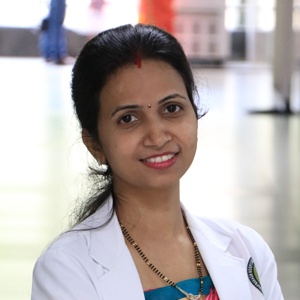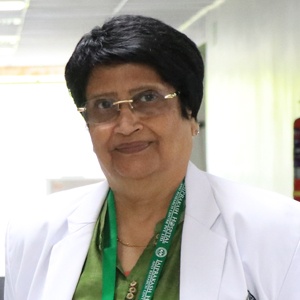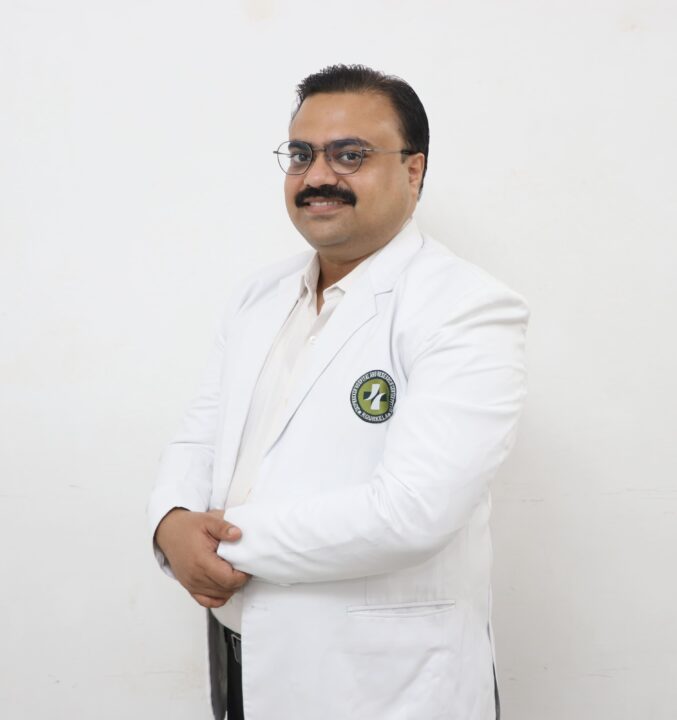IVF stands for In-Vitro Fertilization, which is a widely known assisted reproductive technique. It involves various steps, starting from fertility medications for days to help the ovaries of the patient produce several eggs that are mature for fertilization. In order to keep the track of the egg production, regular ultrasounds or blood tests may be used to measure the hormone levels.
After that, the mature eggs are retrieved from the body through a minor surgical procedure. Medicines are prescribed to the patient to make the procedure comfortable. Then a thin, hollow tube is inserted through the vagina of the patient into the ovary and follicles that hold the eggs. This is how the process of egg retrieval takes place. This egg retrieval is done under short-term anesthesia. No hospital stay is required in this stage.
In the third step, eggs are mixed with sperm cells of the partner or a donor, and stored in a special container for fertilization. In some cases, the sperm with lower motility is directly injected into the eggs to promote fertilization which is called ICSI.
If the patient is chosen to get fresh transfer about 3-5 days after the egg retrieval, one or more embryos are put into the uterus. The doctor slides a thin tube through the cervix into the uterus to insert the embryo. This phase usually does not need anesthesia and hospital stay. When embryos attach to the lining of the uterus, pregnancy happens. It is not a painful process.
A patient may be asked to rest for a few days before resuming the normal activities. A patient may also need to take medicines or get daily shots of a hormone called progesterone for the first 8-10 weeks after the embryo transfer to make it easier for the embryo to survive in the uterus.
It sometimes works on the first try, but many women need more than one round of IVF to get pregnant. IVF definitely increases your chances of pregnancy if you’re having fertility problems.
However there are some complication associated with IVF. These complications are multiple births, pre-mature delivery, low birth weight, ovarian hyper stimulation syndrome, miscarriage, stress, etc. So, it is important to take all the precautions, as suggested by the doctors. If the patient follows the procedure with conviction, IVF can prove to be a life changing treatment option.
Treatment methods available at Jaiprakash Hospitals Medical Centre:
AIH:
Very helpful in achieving pregnancies in cases of vaginismus, erectile dysfunction, anovulation due to polycystic ovaries, unilateral tubal block, mild endometriosis, husband stays away. The lady gets pregnant with her own egg and husband’s sperms.

AID:
Cost effective way to get pregnant in cases of non-obstructive azoospermia and sometimes in obstructive variety also. Here sperm from semen bank is injected into the uterus, when eggs are ready to get fertilized.

IVF:
In spite of all misconceptions, IVF means own gamete, egg from the mother and sperm from the father. The lady conceives, even in those situations where only one good embryo has formed from 10-15 eggs.

Intracytoplasmic sperm injection (ICSI):
Means intra cytoplasmic sperm injection where one egg is being fertilized by one single sperm. Highly effective in patients with severe low count in semen parameters.
Intrauterine Insemination (IUI):
A relatively straightforward method and most often the first step in fertility treatment. In this procedure, a concentrated specimen of sperm processed in the lab is placed in the uterine cavity using a thin, plastic flexible catheter through the cervix.
Normally the woman is given tablets to stimulate the ovaries from day 2 of the menstrual cycle and sometimes injections from day 5 or day 7. The growth of follicles is then monitored by transvaginal ultrasound until the desired growth of the dominant follicle is reached – usually around 18 – 20mm. Then a single injection of HCG is given. The IUI procedure will be scheduled at 36 to 40 hours after the HCG injection.
On the day of IUI, the husband collects the sperm in the laboratory and the sperm sample is specially prepared in the andrology laboratory by “sperm washing”. The process takes about a couple of hours.
Testicular sperm aspiration (TESA/TESE):
In cases of obstructive azoospermia as well as in some cases of non-obstructive variety also, sperms are directly taken off from the testicles under anaesthesia.
PESA:
PESA or Percutaneous Epididymal Sperm Aspiration (PESA), does not require a surgical incision. A small needle is passed directly into the head of the epididymis through the scrotal skin and fluid is aspirated. The embryologist retrieves the sperm cells from the fluid and prepares them for ICSI.
MESA:
Microsurgical Epididymal Sperm Aspiration (MESA) is used in conditions like obstructive azoospermia, involves dissection of the epididymis under the operating microscope and incision of a single tubule. Fluid spills from the Epididymal tubule and pools in the Epididymal bed. This pooled fluid is then aspirated. Because the epididymis is richly vascularized, this technique invariably leads to contamination by blood cells that may affect sperm fertilizing capacity in vitro.
Egg Donation
Women reaching menopause, but yet to conceive can achieve pregnancy in their womb by egg donation.
Surrogacy:
Uterine cancer, huge fibroid, or severe adenomyosis, uterine malformation makes the uterus unable to carry the pregnancy. Here the help of surrogate mother makes the pregnancy possible where egg and sperm are taken from genetic mother and father.
Preimplantation Genetic Diagnosis (PGD/PGS):
It is a comparatively newer modality, help us to detect chromosomal aberrations in the embryo, which are responsible for recurrent miscarriages, IVF implantation failure.
Endometrial Receptivity Analysis Test (ERA):
Another new technique where exact time of implantation can be determined.
Fertility Preservation:
Very useful to reserve fertility in patients of malignancies as well as for those who want to delay childbearing. Here eggs/oocytes/sperm are vitrified and kept for a long period as long as the patient desires.
Jaiprakash Hospitals
Fertility Center
Jaiprakash Hospitals
IVF is one of the first Assisted Reproductive Technology Centre in Eastern India that provides comprehensive solutions for the whole spectrum of infertile couples.
Here are some of the facts that can be associated with the
Jaiprakash Hospitals
IVF Center:
- One-stop fertility clinic with a dedicated team of fertility super-specialist, embryologists, andrologists, endocrinologists, counsellors and dietician
- 100% Non-Disclosure Agreement – Client Confidentiality
- Affordable Price Range
- Package Customization available for Private Corporate & State Government Tie-Ups
- A whopping sustainable success rate of over 50% – 60% in self cases & 80%-90% in third party cases
- Advanced Lab following ICMR guidelines
- Choice of IVF Destination for neighboring countries like UAE, Nepal, Bangladesh, Bhutan & Myanmar
Jaiprakash Hospitals
IVF Center Highlights:
- Dedicated team of Professionals
- 100% Non-Disclosure Agreement – Client Confidentiality
- Affordable Price Range
- Package Customization available for Private Corporate & State Government Tie-Ups
- A whopping sustainable success rate of over 50% – 60% in self cases & 80%-90% in third party cases
- Choice of IVF Destination for neighboring countries like UAE, Nepal, Bangladesh, Bhutan & Myanmar
With a good success rate, the IVF technique is being used in various countries around the world. The technique is gaining popularity in India as well. A person who intends to undergo IVF procedure should aim to reduce the stress, avoid smoking and drinking. Take prenatal vitamins, engage in stress-reducing activities or therapies to increase the chances of pregnancy through IVF.
Many couples feel overwhelmed and discouraged by going through various treatment procedures. For people who have been through fertility struggles, IVF can be really helpful to produce better results.
Suitable candidates for IVF
If you are experiencing the following problems, IVF can prove to be helpful:
Men:

- Low sperm motility with low sperm count
- Sexual dysfunction
- Genetic ailments
- Damage to the reproductive system
- Varicocele
Women:
- Problems in Fallopian Tubes
- Endometriosis
- Fibroids
- Premature Ovarian Failure
- Age-related problems











